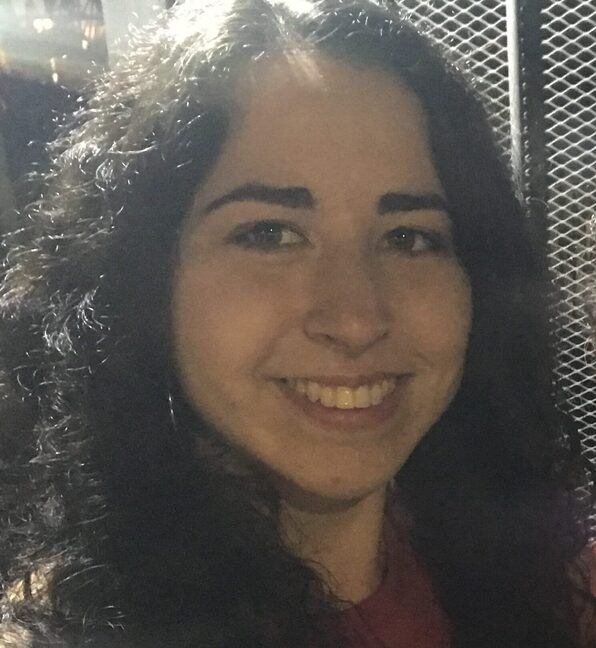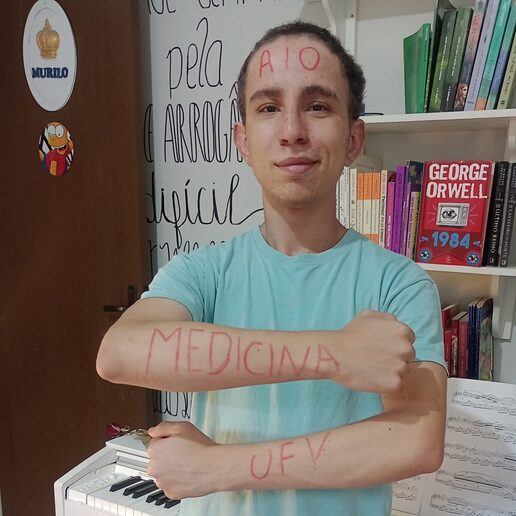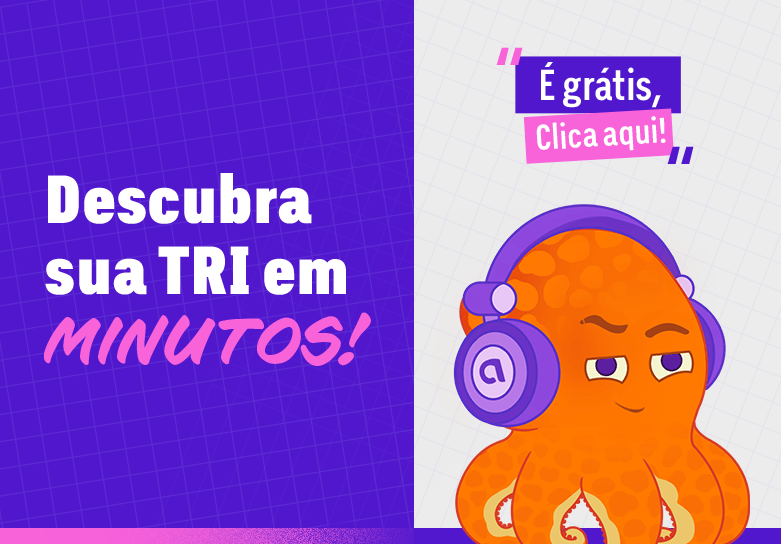UERJ 2014/1
Wiser and older
Sometimes the world of science and medicine produces something that can only be described
as unalloyed good news. We are used to stories about pollution scares and increases in the
rates of cancer, but bubbling beneath is the stark reality that we live at a time when humans are
healthier and live longer than at any time in our history.
[5] The Office for National Statistics figures, recently released, make heartening if surprising reading.
They show that most men are surviving until the age of 85, while women are living four years
longer. Furthermore, we can expect these figures to increase as the century progresses. What’s
driving this extraordinary increase in human longevity?
The increase has been driven by a number of advances. Firstly, the huge reduction in neonatal
[10] and infant deaths. These days, nearly all babies born in a prosperous advanced nation can expect
to survive into adulthood. Over half the couples in the world are having fewer than two children
each. This is partly because almost everywhere infant morta-lity is falling, globally faster today
than at any time in human history.
Sanitation, vaccination and better diets have increased lifespans once we survive infancy, but
[15] they cannot wholly explain why people are living into their eighties and beyond. A cut in physical
stress and a huge reduction in exposure to toxic and carcinogenic substances in the environment
may explain much of the increase. In the 1950s, thousands died or became very ill during the
London smogs. That threat, along with numerous other environmental containments, has gone.
We have also begun to stop smoking and we are drinking less, too.
[20] Finally, life is much safer than it used to be. As psychologist Steven Pinker shows in his book,
The better angels of our nature, the history of all socie-ties has shown an amazing decline in
violence over the past century. We are ten times less likely to be murdered today than we were
two hundred years ago, and three times less likely to be killed on the roads than we were in the
1960s.
[25] So, can the increase in longevity continue? According to gerontologists, there is no clear answer.
Currently the maximum human lifespan is 122 years, attained by the French woman Jeanne Calment
who died in 1997. Significantly, no one has come close to her astonishing record. Instead, more
and more of us are dodging the bullets of middle age and living to our personal genetic potential.
So how long is the natural human lifespan? The answer seems to be that, in a world where
[30] infectious diseases are kept at bay and where we are safe from predators and starvation, and
provided we keep our lifestyles in check, most people should reach 80 or 90.
Something very big is going on, wrote Ban Ki-moon, the United Nations secretary general. He
warned that “the social and economic implications of this phenomenon are profound, extending
far beyond the individual older person and the immediate family, touching broader society and
[35] the global community in unprecedented ways”. What the figures show more than anything is
that we need a rapid and radical rethink of how we treat the elderly among us, as they will soon
be the majority
(telegraph.co.uk)
The first paragraph introduces the subject of the text by calling it unalloyed good news (l. 2). This expression refers to the following fact:
people are living longer
science is changing quickly
pollution is increasing slowly
medicine is developing faster
E mais: nota TRI a todo o momento.





